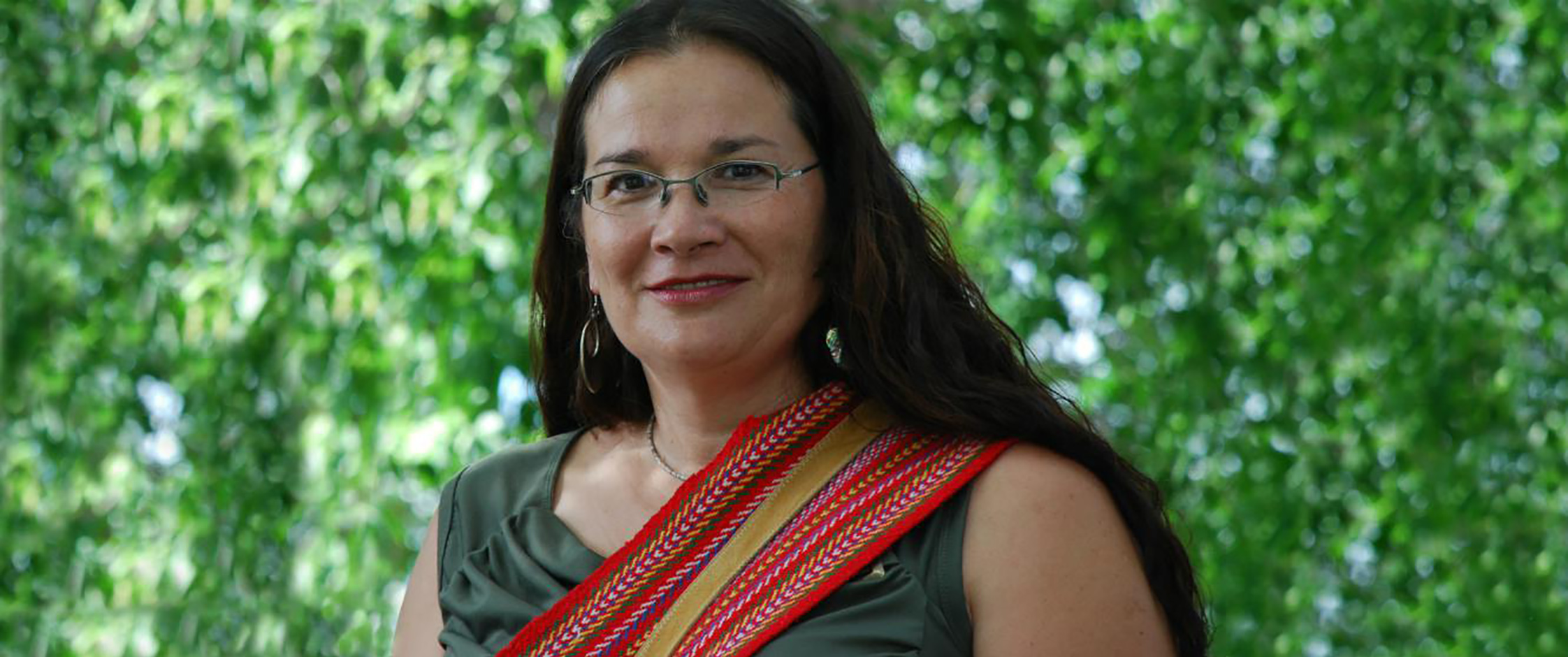
Effective April 1, 2021, the Gladue reports program in BC is administered and managed by the BC First Nations Justice Council (BCFNJC). To find out about Gladue reports or to request a Gladue report, contact BCFNJC.
In the Canadian criminal justice system, judges must take into consideration the individual circumstances of the person before them in court to determine a fit and fair sentence.
If you identify as Indigenous and are charged with a crime, the judge must apply Gladue principles when you're in a criminal court. Gladue principles are a way for the judge to consider the unique circumstances (experiences) of Indigenous peoples.
These unique circumstances include the challenges of colonization you, your family, and community faced and resisted as Indigenous people, and continue to affect you today. These challenges include racism, loss of language, removal from land, Indian residential schools, and foster care. These challenges are called Gladue factors.
In 1999, in a case called Gladue, the Supreme Court of Canada said that colonialism creates challenges for many Indigenous people, and they are more likely to be sent to jail. The criminal justice system failed Indigenous people. Gladue principles try to address these failures and make sure judges don’t repeat the same mistakes that add to discrimination.
Judges must consider Gladue factors when they make decisions about you. Judges must consider options other than jail to help you address the challenges you face. For example, you might participate in a restorative justice program to help you work with those your crime affected and repair the harm done.
Gladue principles also require judges to make decisions that are appropriate to your particular Indigenous heritage or connection. This means judges must consider:
- your community’s perspective on the situation, their needs, and their suggested alternatives to jail. Your community can be the Indigenous community where you live or come from, but it’s also your support network or the people you interact with. If you live outside an Indigenous community and aren’t connected to one, you still have a community.
- the laws, practices, customs, and legal traditions of your Nation or the Nation where the alleged offence took place.
- ways of making decisions that are sensitive and appropriate to your culture.
For example, your community could provide the court with a suggestion they deem to be meaningful to the community and that they believe would help you. They can also help to support you with the suggested alternative to jail.
The judge might still decide to send you to jail. If you are sent to jail, the judge must respect Gladue principles to decide how long you'll be in jail and your probation.
Canadian courts have found that Gladue principles apply at:
- bail
- sentencing
- appeals
- parole board
- hearings to determine parole ineligibility in sentencing
- extradition
- mental health review boards
- professional disciplinary decisions
- long-term or dangerous offender hearings
Gladue principles can also apply in other situations, such as negotiations and sending someone to an alternative measures program. In this program, the person accepts responsibility for their actions and takes steps to repair the damage without going to court.
Page last updated: Wednesday, July 5, 2023 4:00 pm hrs
Indigenous community legal workers — Give legal information and limited advice services
First Nations Court duty counsel — Free legal advice about having your case transferred to First Nations Court and the charges against you
BC First Nations Justice Council — Legal services for Indigenous people in BC, including a Gladue report program
